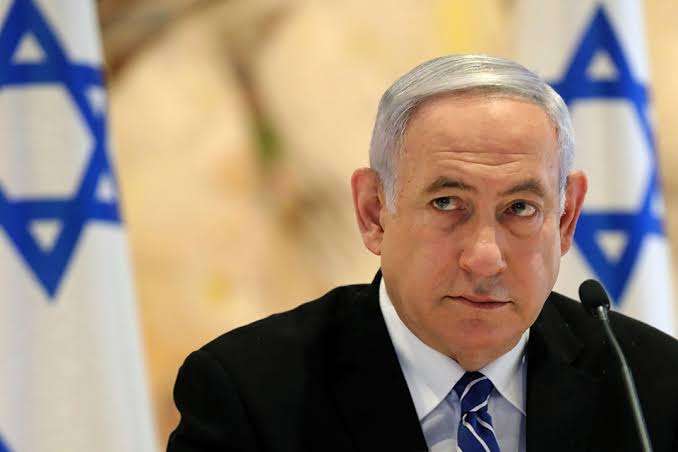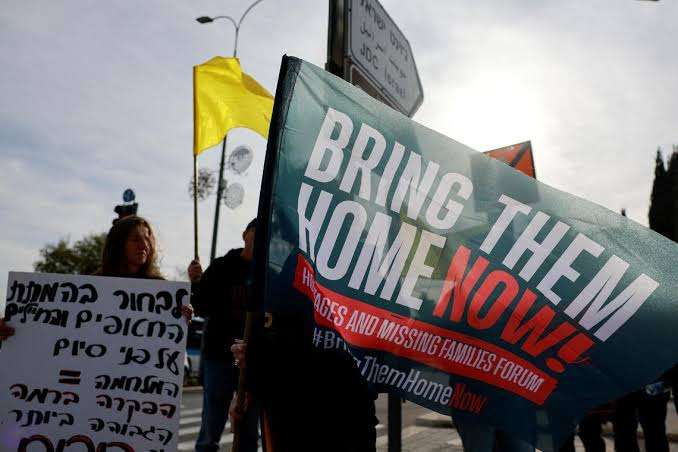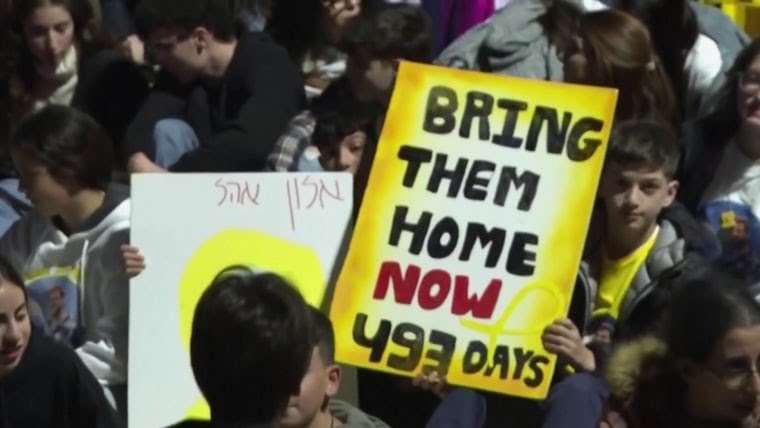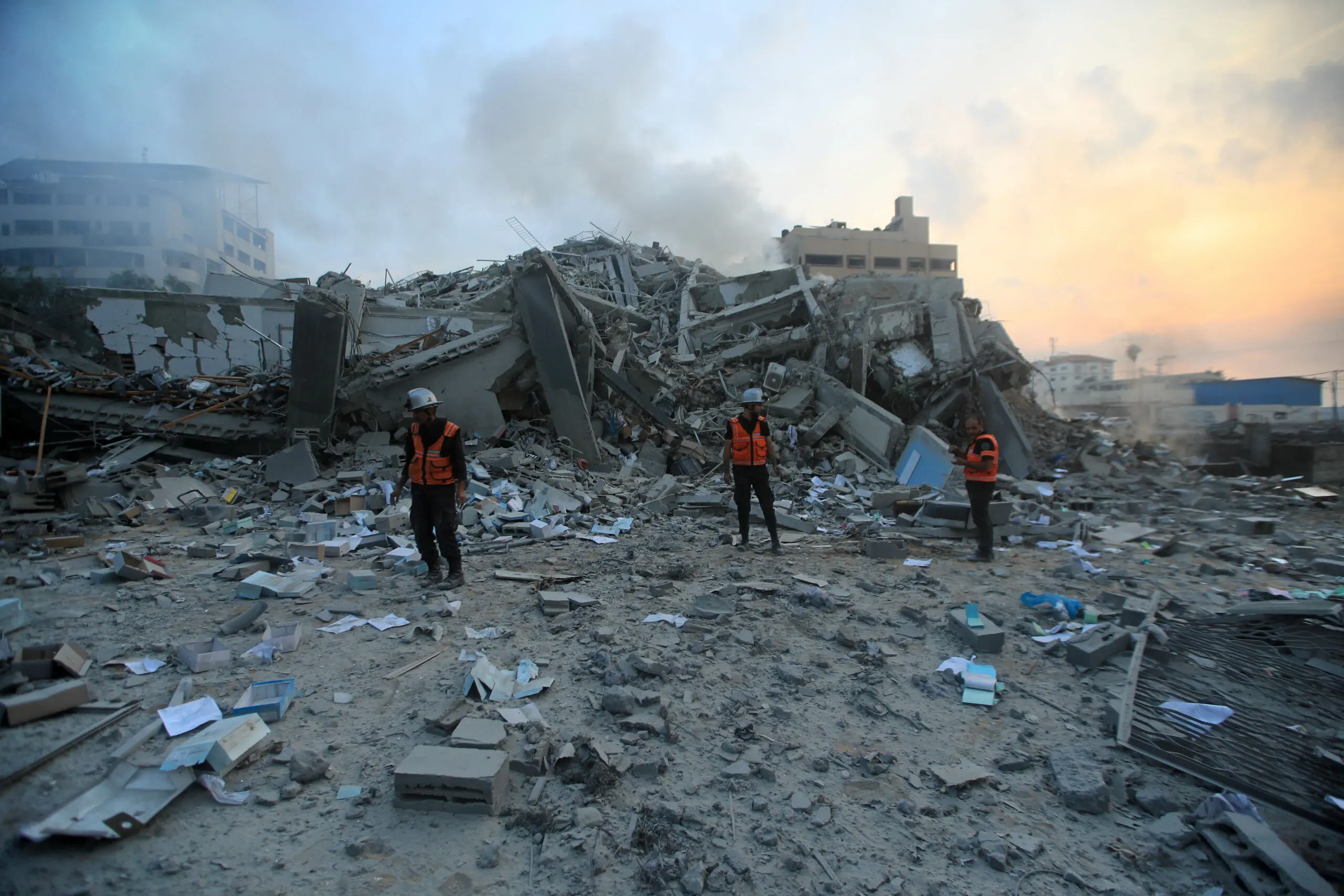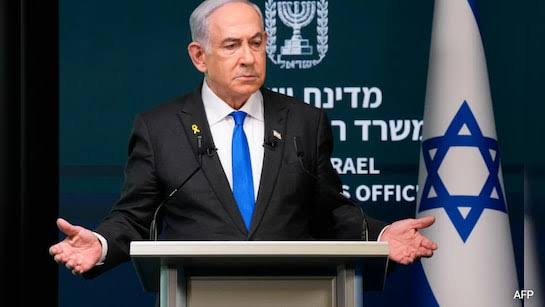The Israeli government’s new plan to seize control of Gaza City has sparked a wave of backlash, from the streets of Tel Aviv to the halls of the United Nations. Prime Minister Benjamin Netanyahu is set to address the nation tonight as protests, diplomatic tensions, and a looming UN emergency meeting pile pressure on his administration.
Protests Turn Nationwide

Tens of thousands of Israelis took to the streets this weekend, angered by Netanyahu’s announcement that Israel would occupy Gaza City and impose a new civil administration. The families of hostages—some of whom have been held in Gaza for months—say the move risks the lives of those still captive. In a dramatic escalation, they have called for a nationwide general strike until the plan is scrapped.
One protester in Jerusalem told local media: “We want our loved ones home, not more war.”
UN Security Council Steps In
The UN Security Council will hold an emergency meeting tonight at 19:00 GMT (20:00 BST) to address the crisis. Every member of the council—except the United States and Panama—pushed for the meeting, signalling the scale of international concern.
European allies have been especially vocal. Germany has suspended arms sales to Israel, while France, the UK, and Italy have all warned that the move could trigger deeper instability. Italy’s foreign minister even likened the plan to “a Vietnam for Israel.”
Netanyahu’s Five-Point Plan
Unveiled on Friday, the plan sets out five key objectives:
- Disarm Hamas
- Secure the release of hostages
- Demilitarise Gaza
- Establish Israeli security control
- Install an “alternative civil administration” not tied to Hamas or the Palestinian Authority
Netanyahu’s office insists this is the only way to ensure Israel’s long-term security, while Defence Minister Israel Katz has dismissed international criticism, saying it “will not weaken our resolve.”
Restricted Access to Gaza
International news outlets—including the BBC—are still barred from freely entering Gaza, leaving much of the on-the-ground reality unseen by independent journalists. Human rights groups argue this is preventing the world from getting a full picture of the humanitarian toll.
What’s Next?
Netanyahu’s press conference later tonight and the UN meeting could shape the next phase of this crisis. With pressure mounting from inside Israel and abroad, the question is whether his government will stay the course—or be forced into a rethink.
-Deeprows News

